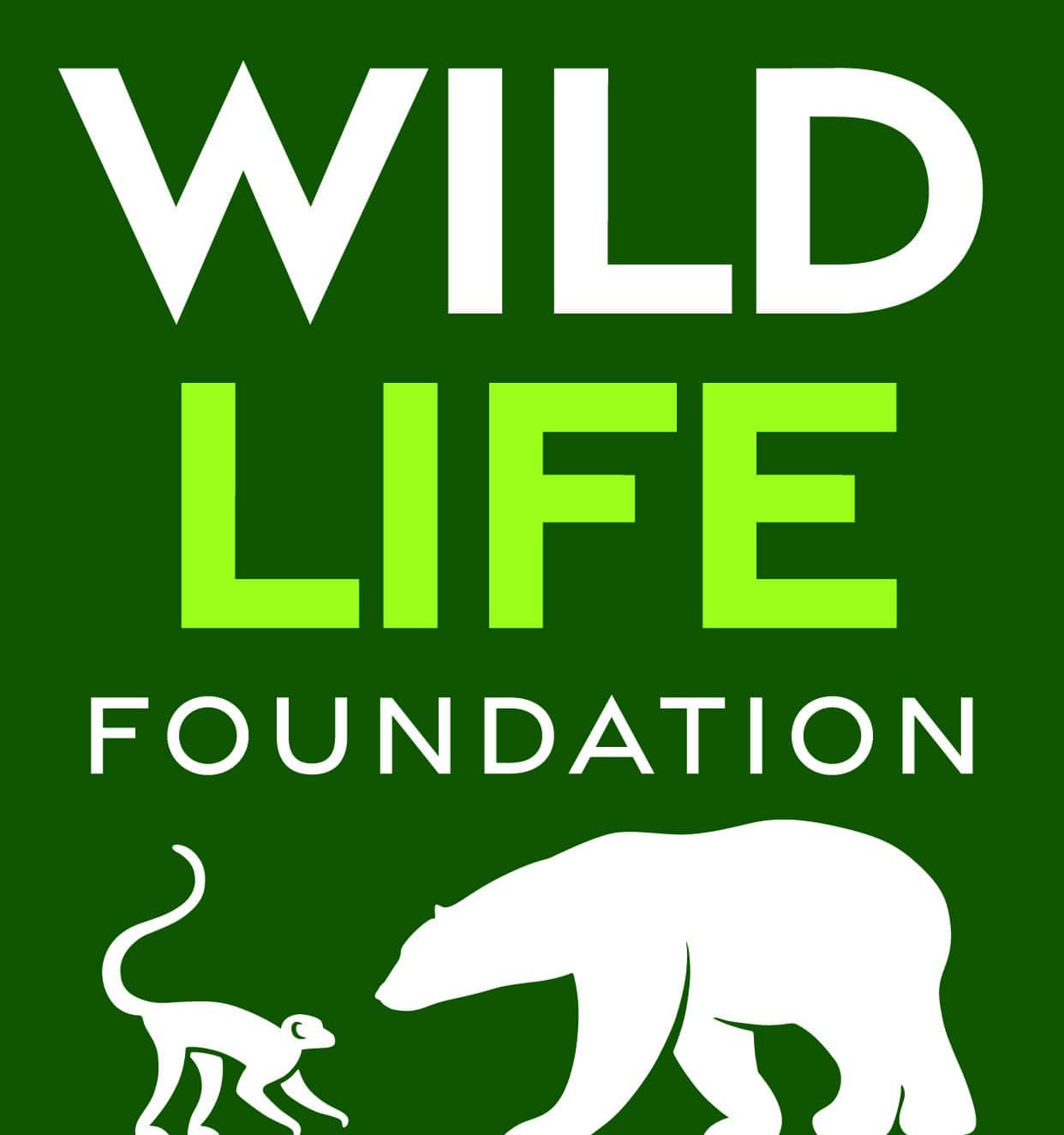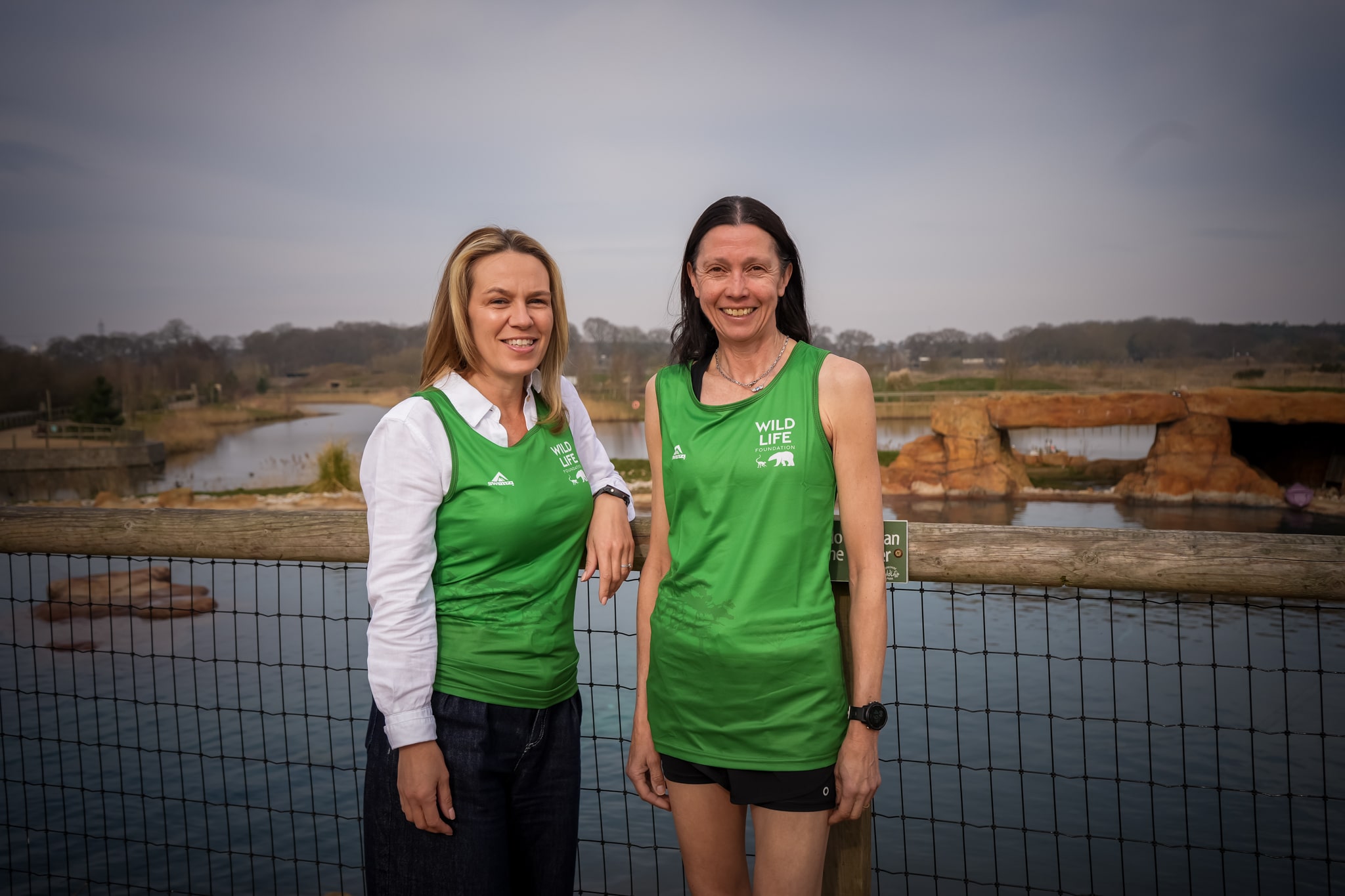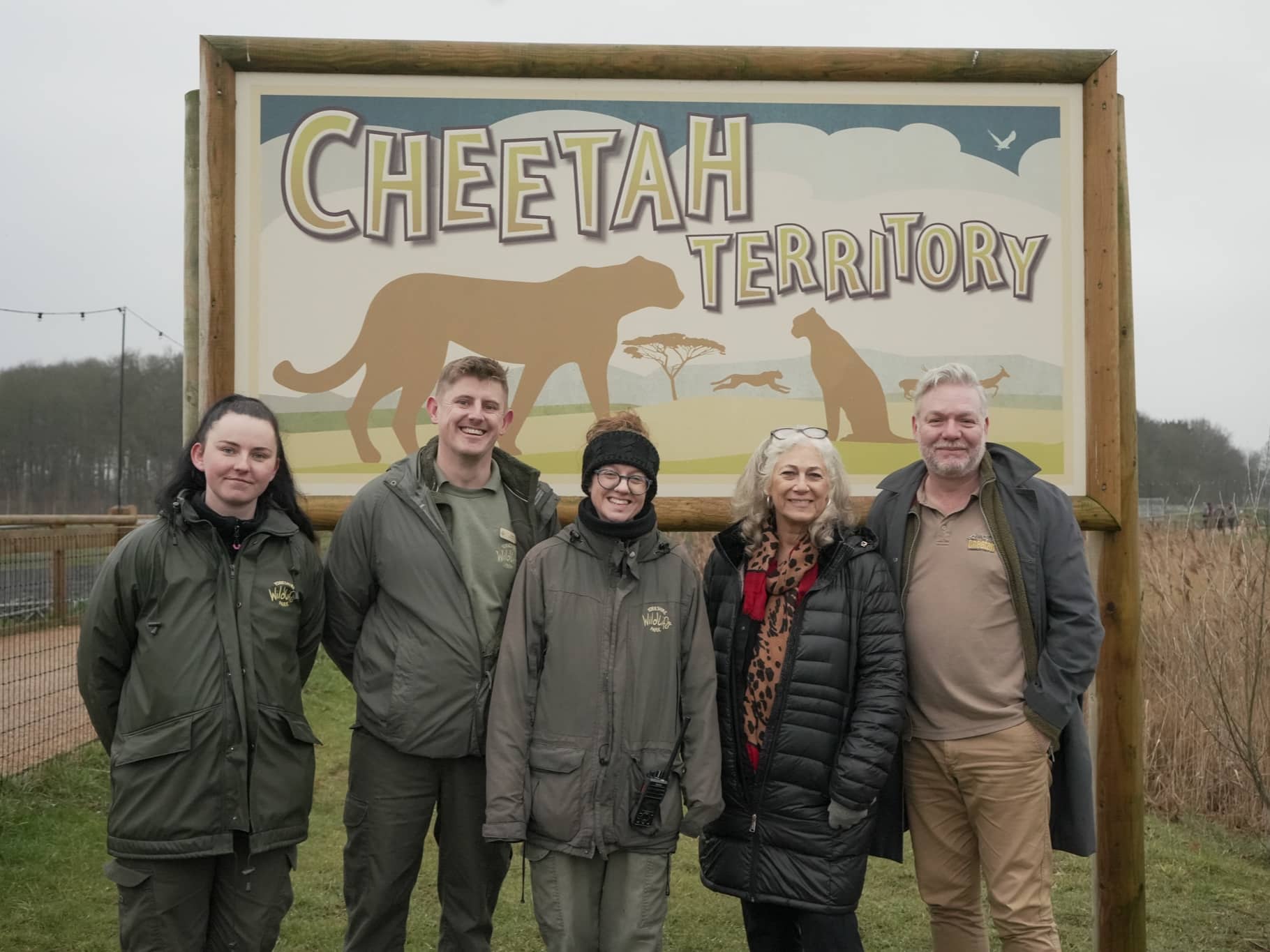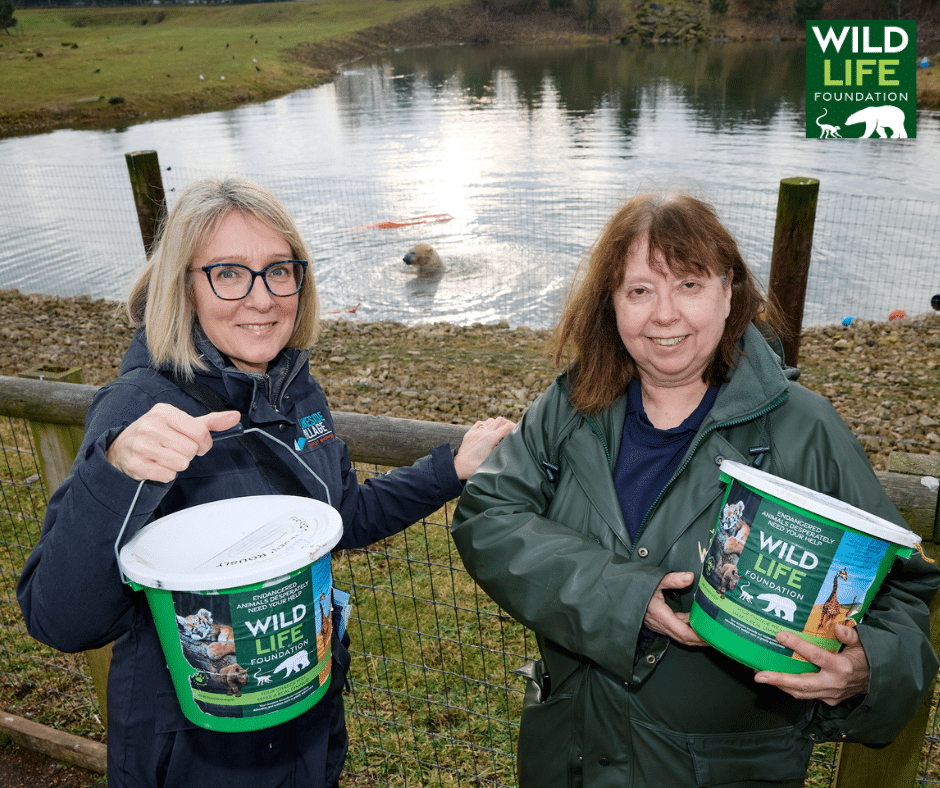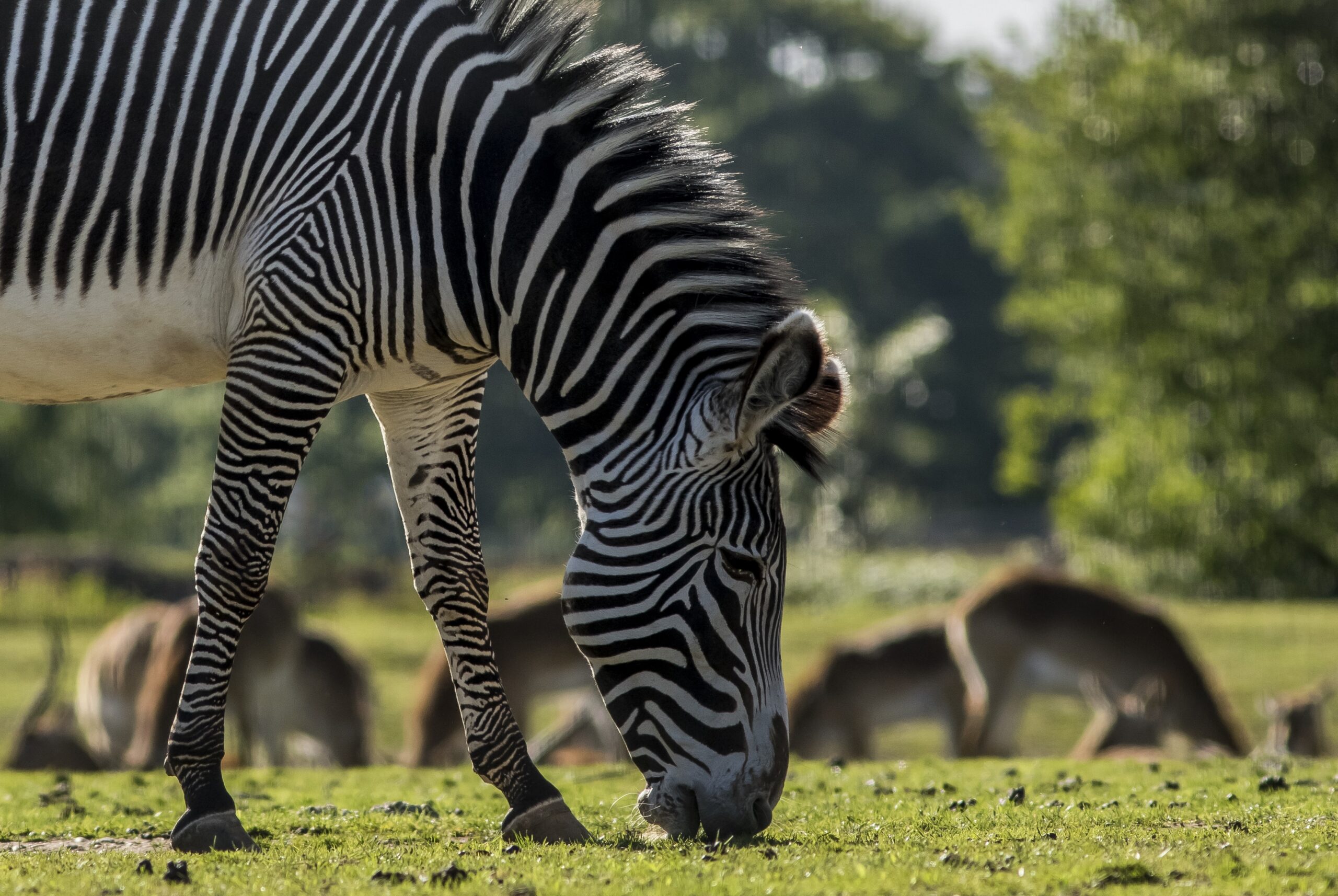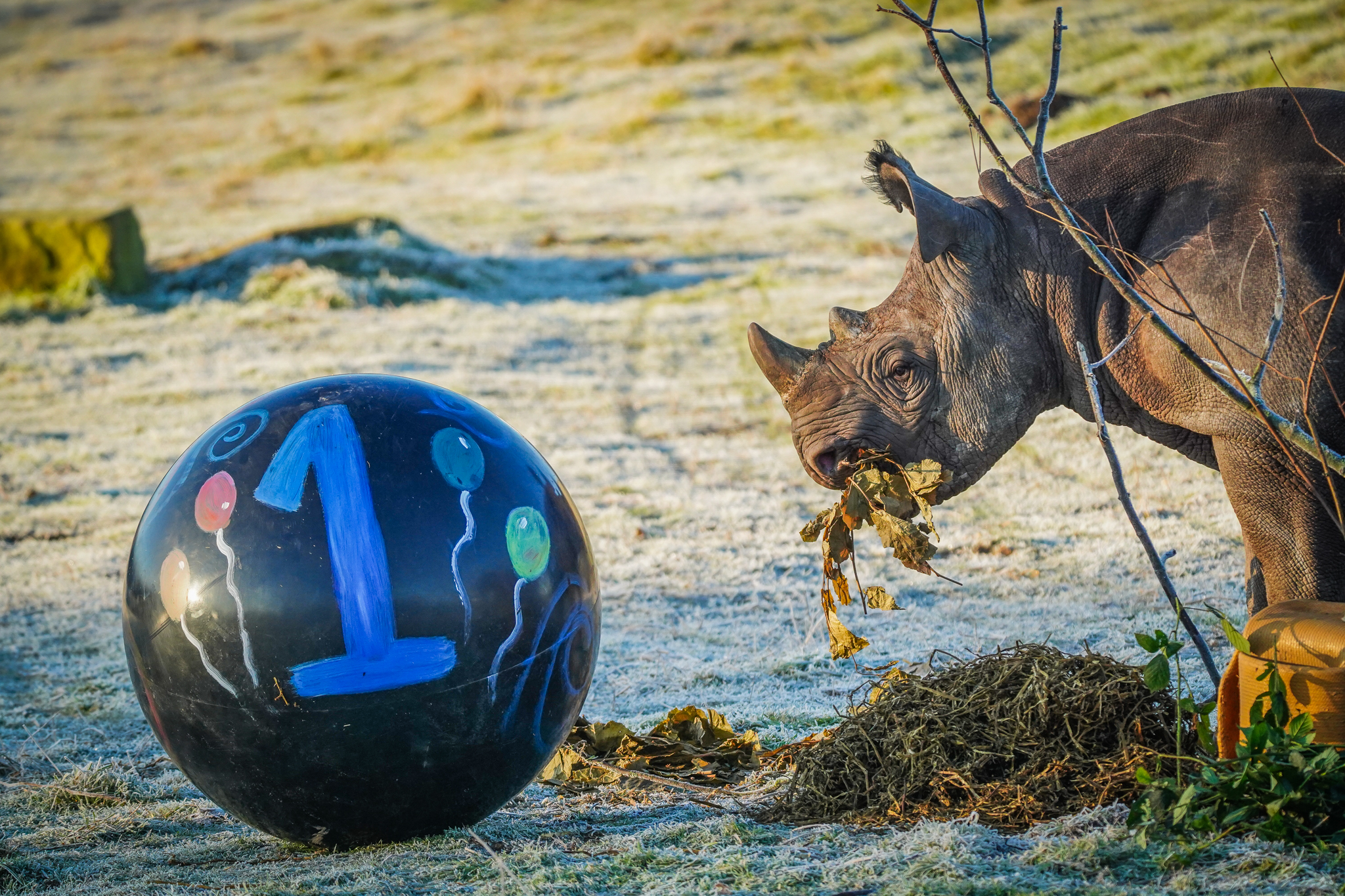[cs_content][cs_section parallax=”false” style=”margin: 0px;padding: 0px 0px 45px;”][cs_row inner_container=”false” marginless_columns=”false” style=”margin: 0px auto;padding: 0px;”][cs_column fade=”false” fade_animation=”in” fade_animation_offset=”45px” fade_duration=”750″ type=”1/1″ style=”padding: 0px;”][cs_text]
The WildLife Foundation (WildLife Foundation) has become a major partner in the global fight to protect wildlife from climate change.
A crucial partnership has been established between the Foundation and the Climate Change Specialist Group of the International Union for Conservation of Nature’s (IUCN) Species Survival Commission. The group, which consists of more than twenty leading scientists around the world, works to find ways of improving conservation actions for species impacted by climate change.
The Climate Change Summit in Paris discussed the clear and urgent threat to many thousands of species as weather systems and habitats change. The Foundation’s expertise and experience in protecting threatened species will now become a vital part of a global movement raising awareness and taking action against this growing threat to wildlife.
[/cs_text][/cs_column][/cs_row][cs_row inner_container=”false” marginless_columns=”false” style=”margin: 0px auto;padding: 0px;”][cs_column fade=”false” fade_animation=”in” fade_animation_offset=”45px” fade_duration=”750″ type=”1/1″ style=”padding: 0px;”][x_blockquote cite=”Cheryl Williams, WildLife Foundation Trustee” type=”left”]“We are delighted to support IUCN and this vital initiative, as we know it will make a significant contribution to protecting wildlife from the impacts of climate change,” said Cheryl Williams, Trustee of the Foundation, which is based at the award-winning Yorkshire Wildlife Park, at Branton, near Doncaster. “We are determined to do our part, and hope that local businesses, park supporters and members of the public will join us in making this a priority.”[/x_blockquote][/cs_column][/cs_row][cs_row inner_container=”false” marginless_columns=”false” style=”margin: 0px auto;padding: 0px;”][cs_column fade=”false” fade_animation=”in” fade_animation_offset=”45px” fade_duration=”750″ type=”1/1″ style=”padding: 0px;”][cs_text]
The park’s flagship species, polar bears, are listed as Vulnerable on The IUCN Red List of Threatened Species because extensive declines in Arctic sea ice are severely decreasing its available habitat. As part of Project Polar, the park has been promoting action to combat climate change, and is partnering in the development of an international centre for the conservation and rehabilitation of polar bears both in captivity and in the wild “The polar bears are like the canaries in the coalmines – their plight is a warning for everyone” explains Williams.

YWP Foundation has pledged to provide expert and administrative support to the IUCN Climate Change Specialist Group. Foundation and Specialist Group staff will work together to increase awareness about climate change, its impacts on wildlife, and the best ways to respond. The Foundation’s support will enable the completion and release of The IUCN Guidelines for Assessing Species’ Vulnerability to Climate Change. These guidelines will provide the conservation community with the best available scientific knowledge to guide important efforts to help species adapt to climate change.
“To develop effective species conservation plans, you need to work out how the species is being impacted by climate change, and how this will play out in the future” said Dr Wendy Foden, Chair of the IUCN SSC Climate Change Specialist Group. “The IUCN Guidelines for Assessing Species’ Vulnerability to Climate Change present the combined knowledge and experience of more than thirty scientists from around the world and can be used for any species – from polar bears to puffins and wildflowers”
“We are extremely glad to be partnering with the Yorkshire Wildlife Park. We recognise the incredibly valuable role the park plays in helping people to understand climate change and how to combat it, and we greatly appreciate working together to ensure that the guidelines reach those who need them.”
At the climate change summit in Paris, the world’s leaders were warned about the perils of a continued global temperature rise from the emissions and burning fossil fuels. Ongoing threats such as deforestation magnify the impacts by removing animals’ natural sanctuaries as well as adding to climate imbalance.
195 countries signed up and agreed to cut global greenhouse gas emissions. The deal also includes provision of money for developing countries to help adaptation to climate change.
This new partnership is an important extension of The WildLife Foundation’s existing efforts in conservation and welfare, including highly praised work with polar bears, Amur tigers and leopards and African painted dogs.
[/cs_text][/cs_column][/cs_row][cs_row inner_container=”true” marginless_columns=”false” style=”margin: 0px auto;padding: 0px;”][cs_column fade=”false” fade_animation=”in” fade_animation_offset=”45px” fade_duration=”750″ type=”1/1″ style=”padding: 0px;”][x_share title=”Find this post interesting? Share it with friends:” share_title=”” facebook=”true” twitter=”true” google_plus=”true” linkedin=”true” pinterest=”true” reddit=”false” email=”true” email_subject=”Hey, thought you might enjoy this! Check it out when you have a chance:”][/cs_column][/cs_row][/cs_section][/cs_content]
